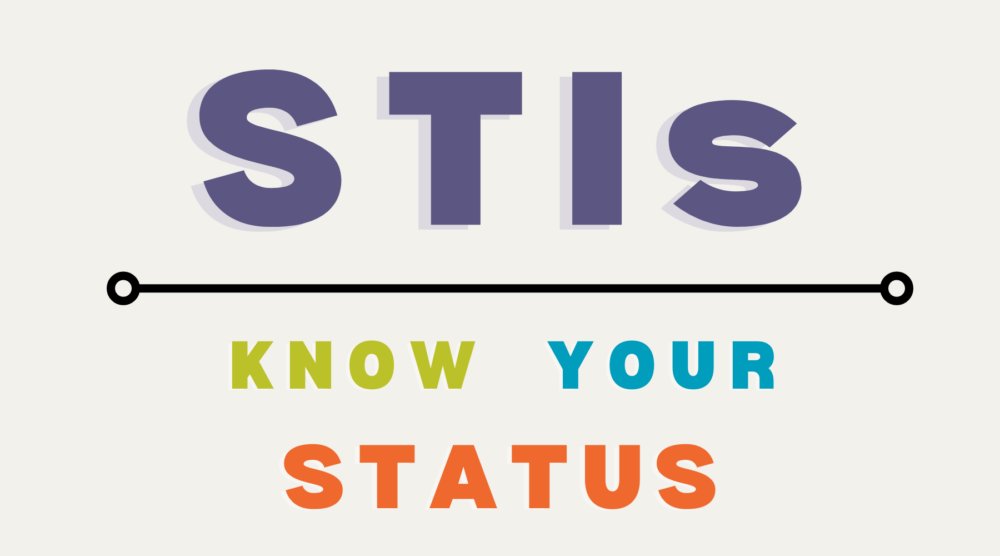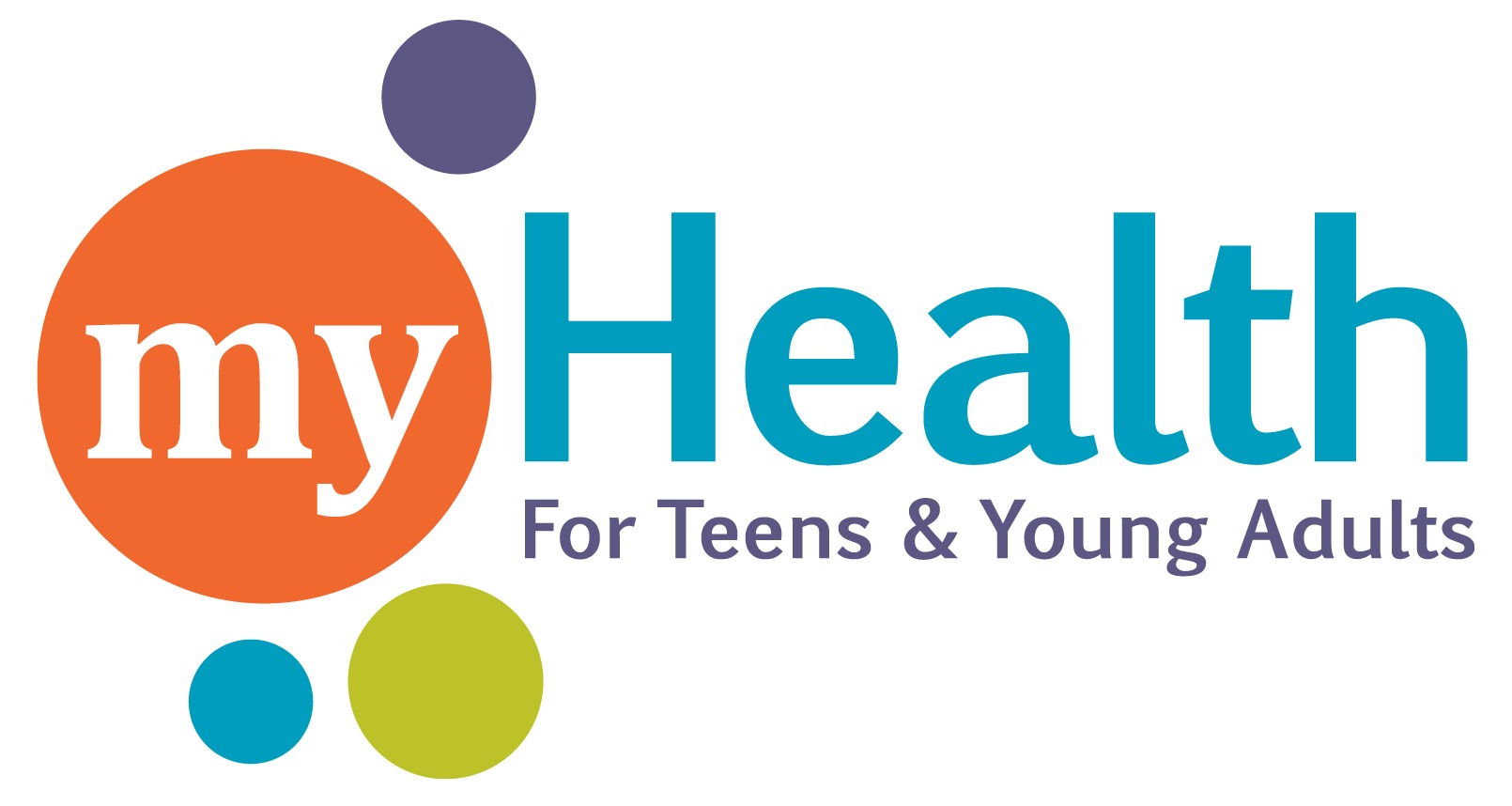
WALK IN STI TESTING!
(At the clinic we use the term STI- Sexually Transmitted Infections. STI’s and STD’s are the same thing but it’s how you look at them. If someone gets an infection they go to the doctor to get treatment! We try to break down the stigma so young people seek treatment not hide in the shadows)
Sexually Transmitted Disease (STD’s) are one of those topics that people typically avoid talking about, but it’s one that needs more attention, especially with the current rise of STD’s both in the state of Minnesota and nationally. The most recent CDC STD report showed a significant increase in STD’s.
- Chlamydia up 2.8%
- Gonorrhea up 5.1%
- Syphilis up 15.1%
The CDC estimates that nearly 20 million new STD ‘s occur every year in the US , half among young people aged 15-24. https://www.cdc.gov/std/ Each of these infections is a potential threat to an individual’s immediate and long term health and wellbeing. STD’s can lead to severe reproductive health complications, such as infertility (for both men and women) and ectopic pregnancy. This means STD’s could prevent you from having/ making a baby in the future.
When it comes to STD’s, ignorance is not bliss: what you don’t know can definitely hurt you in the long run. You can’t just assume your partner is free of STD’s- you need to ask them if they have been tested. Most people that have an STD don’t have any symptoms, so they don’t know that they have an infection. To help reduce the chances of getting an STD you have a several options:
- Abstain from sex- Everyone always reserves the right to choose not to have sex whether it’s because they’re not ready, they want themselves and their partner to get tested, they want to wait until their in a better mood or until they finish high school or college etc. Abstinence is not just waiting to have sex until marriage which is the definition we hear a lot. Its waiting to have sex until it’s the right decision for you and the right decision for your partner and for a time when you can make that decision together without pressure, without fear, without guilt, without obligation.
- Use a barrier method each and every time- If you do have sex (whether it’s vaginal, oral or anal sex), always use a barrier method (male condom, female condom, or dental dam). This will help prevent sharing of bodily fluids which is one way that STI’s spread. If you or your partner are on a form birth control.. that’s amazing but birth control only protects against pregnancy they don’t protect against STI’s
- Limit the number of partners you have – The more partners you have the more chances you potentially have to get an STI.. you can keep safe by knowing your partners status each and every time and it doesn’t hurt to know how many partners they have had in the past. It helps you make the decision that is right for you
- Know your status! Get tested before each new sexual partner and have your partner get tested too!
- Chat with our Nurses! If you ever have any other questions about what you or your and your partner can be doing to keep safe you can always stop into our clinic and chat with our staff. The can answer any questions you may have about STI’s and how to be safe!
We want you to be safe, to take care of your body and to be responsible so come on in for a walk in appointment and get tested! While you’re here at the clinic stock up on some condoms or other barrier methods (THEY’RE FREE)
